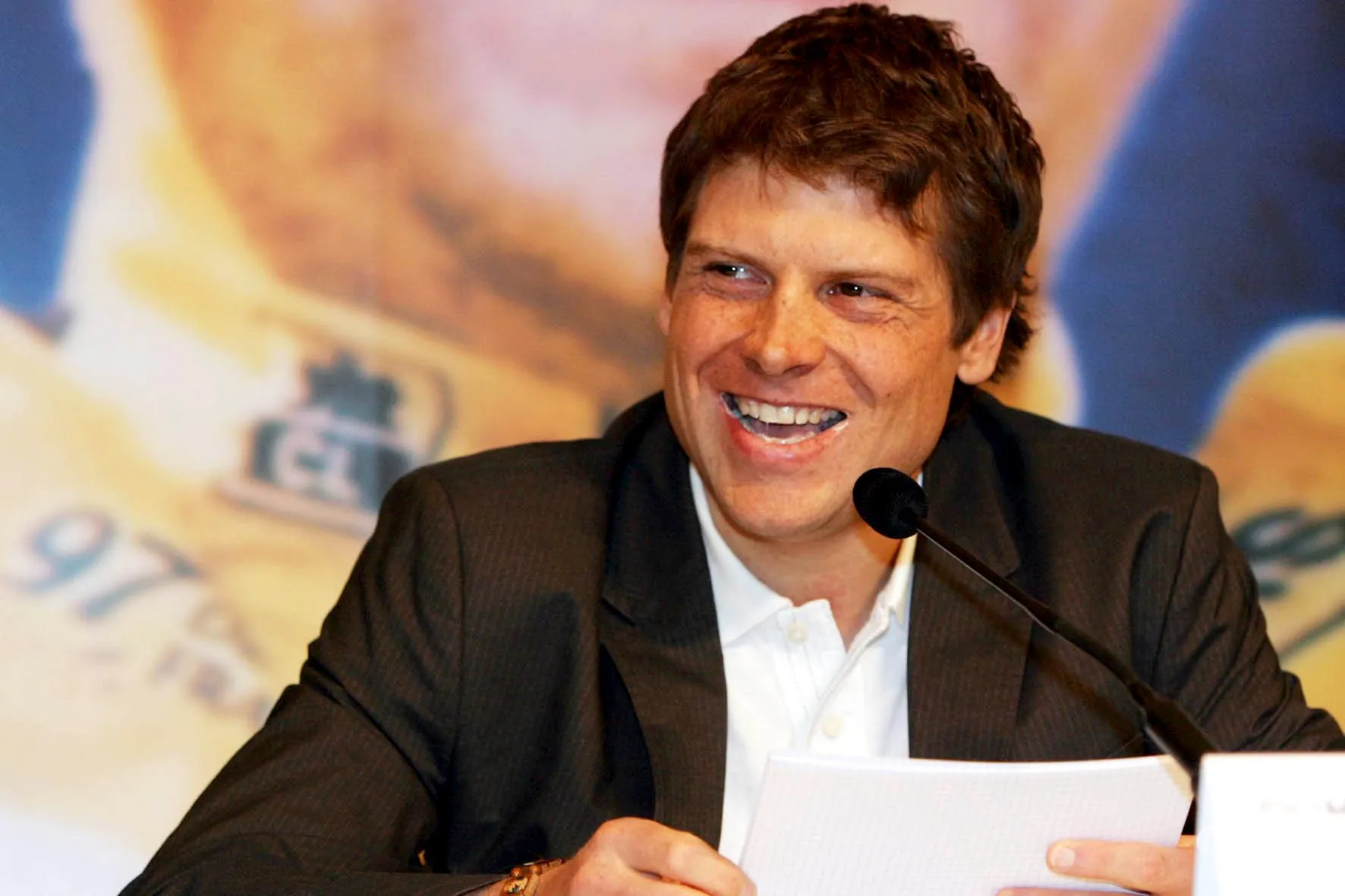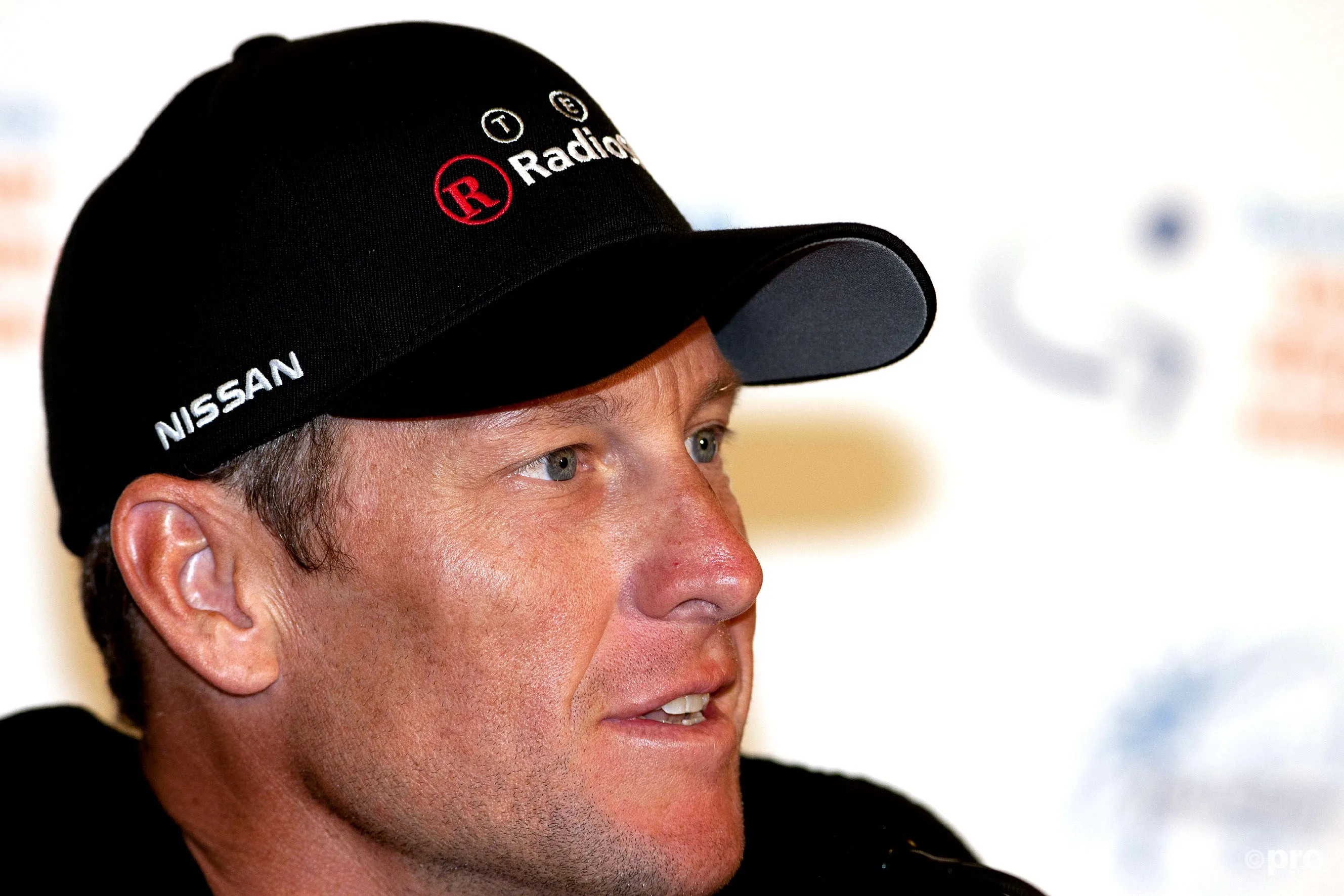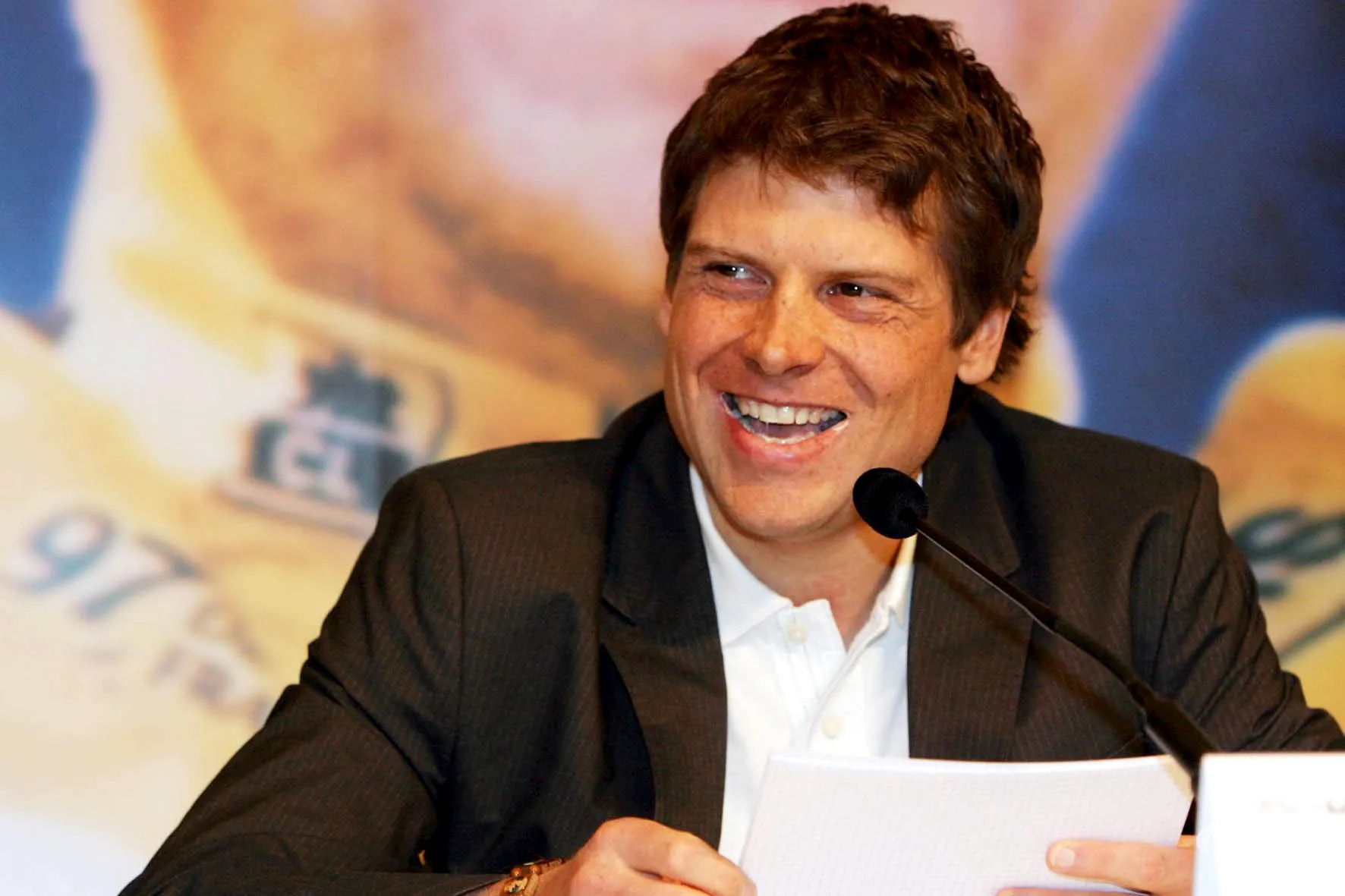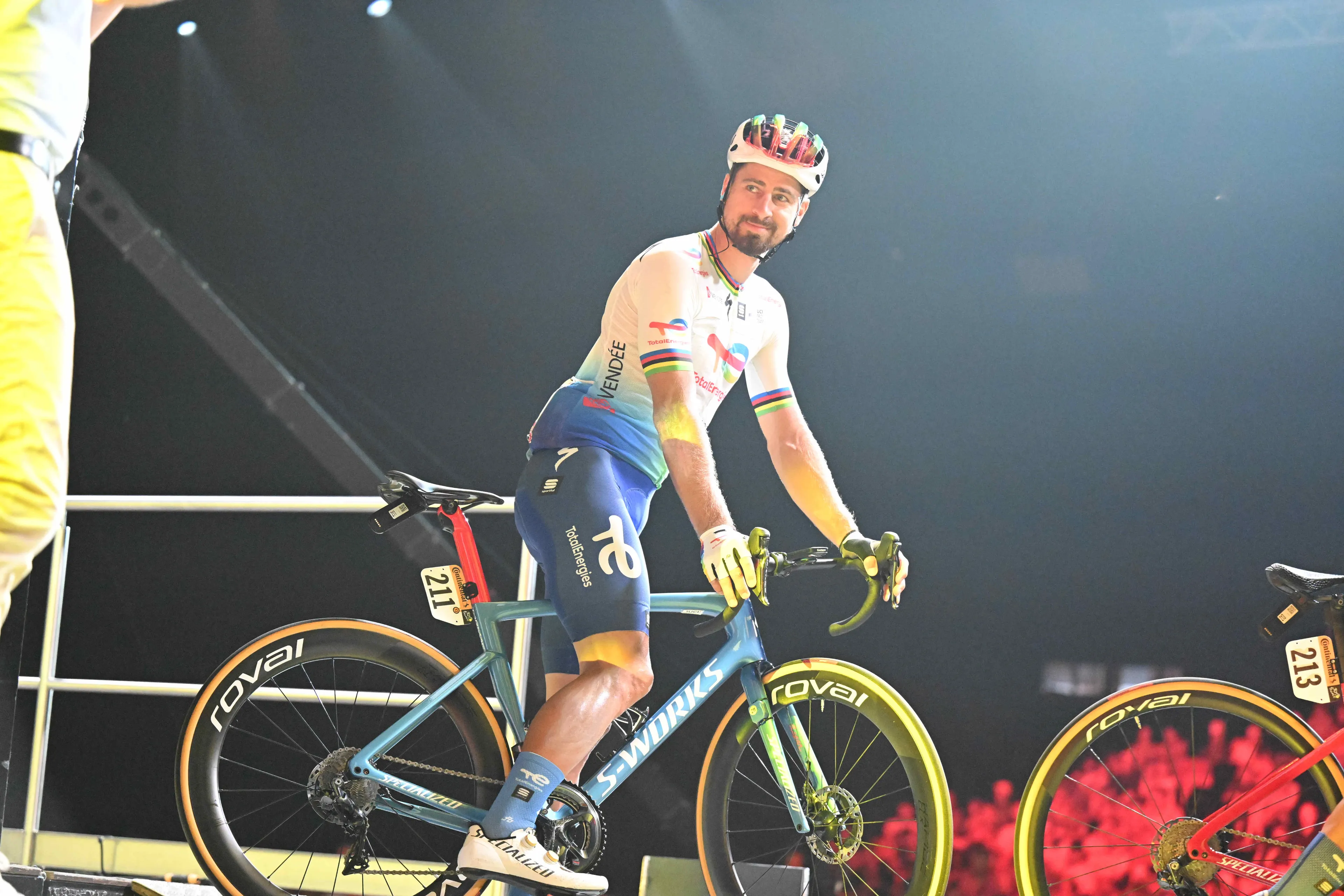"Jan Ullrich is an example of the dangers of high-performance sport" - Investigative journalist reacts to former Tour de France winner's long awaited admission of doping
CyclingSunday, 26 November 2023 at 06:27

Earlier this week, Jan Ullrich admitted for the first time to doping when he was at his peak. Although many had already suspected this, for investigative journalist, Hajo Seppelt, the admission is more of a warning than a triumph for the cycling world.
"As far as the public impact is concerned, I wouldn't overestimate it, because ultimately everyone already knew that," Seppelt analyses in conversation with Eurosport. "But for him personally, in my opinion, it is important that the sentence was said once: so that he is not constantly asked why he doesn't say it."
Read also
Ullrich was one of the great riders of his age and alongside great rival turned great friend Lance Armstrong, the pair had many memorable battles. With both the pair now having admitted to doping however, the legacy of their historic rivalry is unquestionably tarnished, despite the fact it gave us some of the most entertaining racing ever seen.
"Jan Ullrich is an example of the dangers of high-performance sport and how people there are often given bad advice and left alone," says Seppelt. "I believe that he had very bad advisors who, from my point of view, were not intellectually suitable to get him on the right path, who themselves had an interest in things not being clarified, who made a lot of money from him and, moreover, simply could only have been completely overwhelmed. I can personally understand that one can go astray like Ullrich did. He lived in a different world then."
Read also
The big question though, is whether or not doping remains prevalent in the peloton of today. Seppelt does not believe so. "I actually believe that doping in cycling is no longer as systemic and systematic as it was 20 or 30 years ago. In this respect, there have already been cleansing thunderstorms," he clarifies.
"But I very much doubt that the mentality in sport has changed. Rather, it is the fear of discovery, of social ostracism, of ruining one's life - especially in Germany, where such things are particularly closely pursued," concludes Seppelt. "Doping only becomes damaging to business if it becomes public. Otherwise, everyone benefits because performance improves. The collateral damage such as health risks and, in individual cases, death are suppressed or even accepted."
Read also
claps 0visitors 0
Just in
Popular news
Latest comments
- Go back a few months and check what I wrote. This guy is the best sprinter out there in the next 5 years. Also he can do more than sprint ..
 PAULO19-02-2026
PAULO19-02-2026 - Fantastic climb by Tiberi. Let’s see more of this from him.Pedalmasher19-02-2026
- Loved watching this finale. Brutal climb, looked like a brand new Middle Eastern Alpe d'Huez with those switchbacks on the mountain edge. So much grit on Del Toro's face. I really thought he might catch Tiberi with about 1500m to go. Great stage.antipodeanpedalfan19-02-2026
- You’re expecting cycling to stay immune from this type of conjecture when the worlds’ most watched and listened to figure spouts out similar unsubstantiated crap daily? Most people just follow bad example because it’s a lot easier than figuring out a good one. Anyway, it could be anything, perhaps he just knew Andrew too well, or Sir Jim didn’t want him helping any more of those pesky foreigners and paid him off ;-) He doesn’t seem the Epstein type but if that was it, kudos to him for being practically the only one to resign BEFORE being found out. I find it very concerning that no-one has much to say about any of these people who keep at it until they just can no longer claim their innocence. Who did they learn from, Lance?Mistermaumau19-02-2026
- If you are going to make comments like that, back it up with proof. Otherwise keep them to yourself.Searider18-02-2026
- In the same place as the outcry over boys vs girls losing weight, which, is in about the same place as boys vs girls getting hit, or abused.Mistermaumau18-02-2026
- Haha.awp18-02-2026
- That's a little extreme, you take wins where you can get them.awp18-02-2026
- Ironic no, a British boss of British companies has no problem outsourcing a large proportion of jobs to foreigners and then complains a proportion of that proportion actually lives in the country. And do you expect if you leave that no-one will take your spot?Mistermaumau18-02-2026
- Slowly slowly the youngsters are making more and more of an impact.Mistermaumau18-02-2026
Loading
For the first time, 1997 Tour de France winner Jan Ullrich 🇩🇪 made a clear public confession about doping
Write a comment











